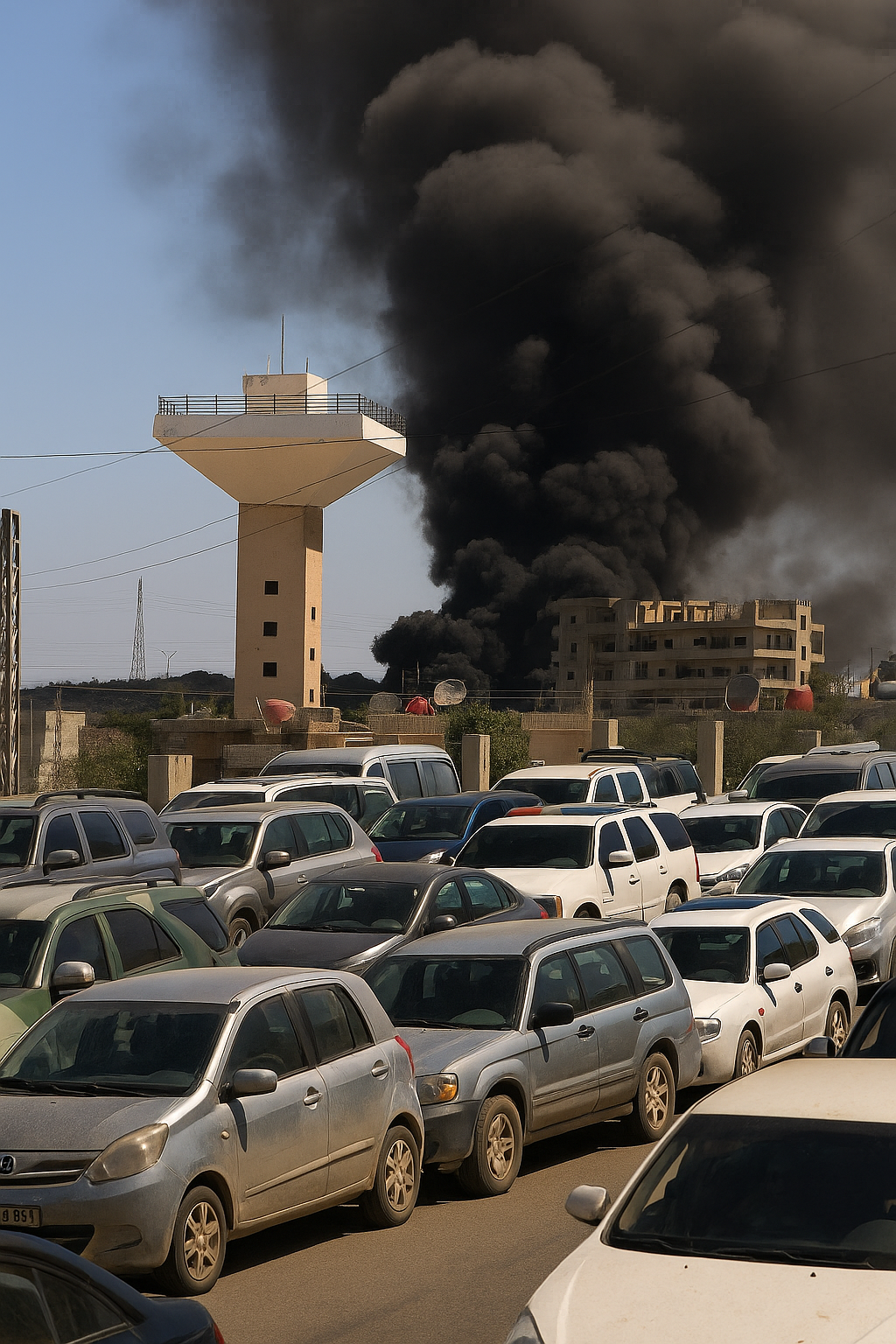Renewed Conflict in Suwayda Sparks Israeli Intervention
Violent clashes erupted in Syria’s southern Suwayda province over the weekend, killing at least 30 and wounding dozens, as Druze militias battled Bedouin tribes. The conflict intensified when Syrian government forces entered the Druze stronghold, resulting in further bloodshed and igniting Israeli airstrikes aimed at protecting the Druze population. On Tuesday, the Syrian military confirmed it had moved troops into Suwayda to restore order. However, Israeli Prime Minister Benjamin Netanyahu quickly announced that Israel had conducted strikes against Syrian regime forces near the area, citing a “deep brotherly alliance” with Israel’s Druze citizens and their familial ties to the Druze in Syria.
The Druze: A Vulnerable Religious Minority
The Druze, a secretive religious sect with about one million adherents, primarily reside in Syria, Lebanon, and Israel. In Syria, the community is concentrated in the south near the Israeli-occupied Golan Heights, where they form the majority in Suwayda province. The Druze practice a unique offshoot of Islam that forbids conversions and intermarriage. During Syria’s prolonged civil war, the Druze found themselves caught between Assad regime forces and Islamist extremists. Since the fall of Bashar al-Assad in late 2024, tensions have remained high, particularly with the rise of new Syrian President Ahmed al-Sharaa, whose Islamist ties have sparked unease among the Druze.
A Fragile Peace Shattered by Political Mistrust
President al-Sharaa has struggled to unify the country following Assad’s ouster, facing resistance from armed factions like the Druze militias who refuse to disarm. The Druze have cited concerns over underrepresentation in government and fear marginalization under al-Sharaa’s leadership. Despite a temporary ceasefire announced Tuesday by Syrian Defense Minister Murhaf Abu Qusra, tensions remain high. Some Druze leaders, like spiritual authority Hikmat Al-Hijri, have gone as far as calling for international protection, warning of a “war of extermination” being waged against their people. Others, however, support the Syrian government’s efforts to stabilize the region and urge militias to hand over their weapons.
Israel’s Strategic and Cultural Motivations
Israel’s intervention is driven by both strategic concerns and a cultural commitment to the Druze community. Around 130,000 Druze live in northern Israel, and unlike other Arab minorities, Druze men serve in the Israeli military and hold positions of influence in the country’s defense institutions. Israel’s strikes in Suwayda are part of a larger policy aimed at preventing hostile forces, particularly Islamist extremists, from establishing a foothold near its borders. Israel has also declared a demilitarized zone in southern Syria, a move Damascus rejects as an illegal violation of its sovereignty. The strikes have drawn condemnation from Syria’s foreign ministry, which labeled them a “blatant violation” of international law.
A Complicated Road Toward Normalization
Despite its aggressive posture, Israel has been involved in indirect talks with Syria’s new government, part of a U.S.-led effort to bring Damascus into the Abraham Accords and normalize relations. The Biden administration has pushed for closer Syrian-Israeli ties as a means of stabilizing the region. However, ongoing Israeli airstrikes and territorial expansions into Syria risk undermining these diplomatic efforts. Netanyahu has referred to al-Sharaa’s regime as an “extremist Islamic government,” expressing deep distrust and concern over its potential to foster another October 7–style attack. Still, Israeli officials continue to signal interest in adding Syria and Lebanon to the normalization framework, provided security guarantees are met.
Syria’s Struggle for Sovereignty and Stability
For President al-Sharaa, repeated Israeli strikes complicate efforts to consolidate power and rebuild the war-torn nation. His government faces pressure to respond to Israeli aggression while also trying to rein in independent militias and integrate minority groups like the Druze. The situation in Suwayda reflects the broader challenges facing Syria: reconciling sectarian divides, restoring state authority, and navigating foreign interference. As the violence escalates, the future of Israel-Syria relations—and the safety of the Druze community—hangs in the balance.








